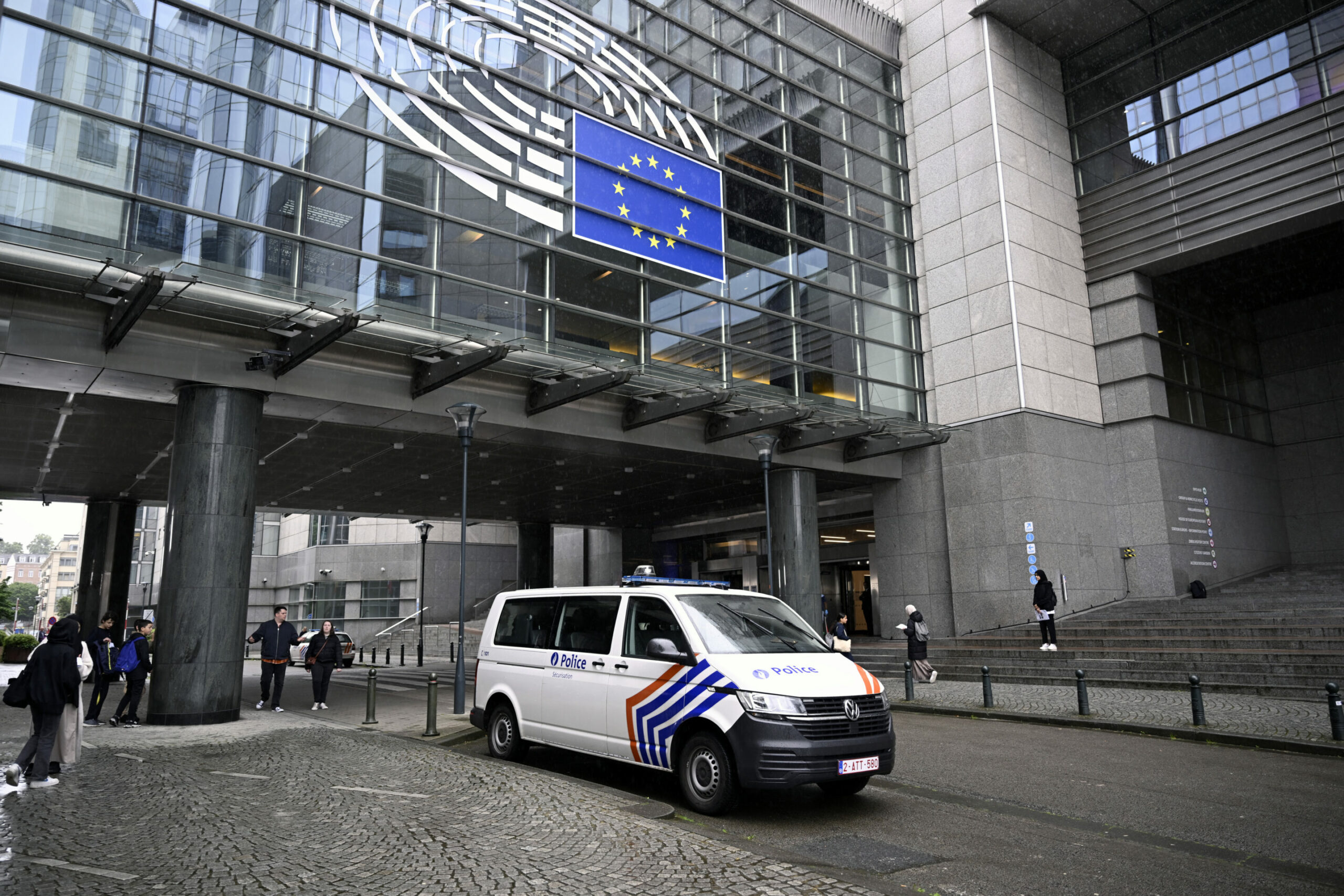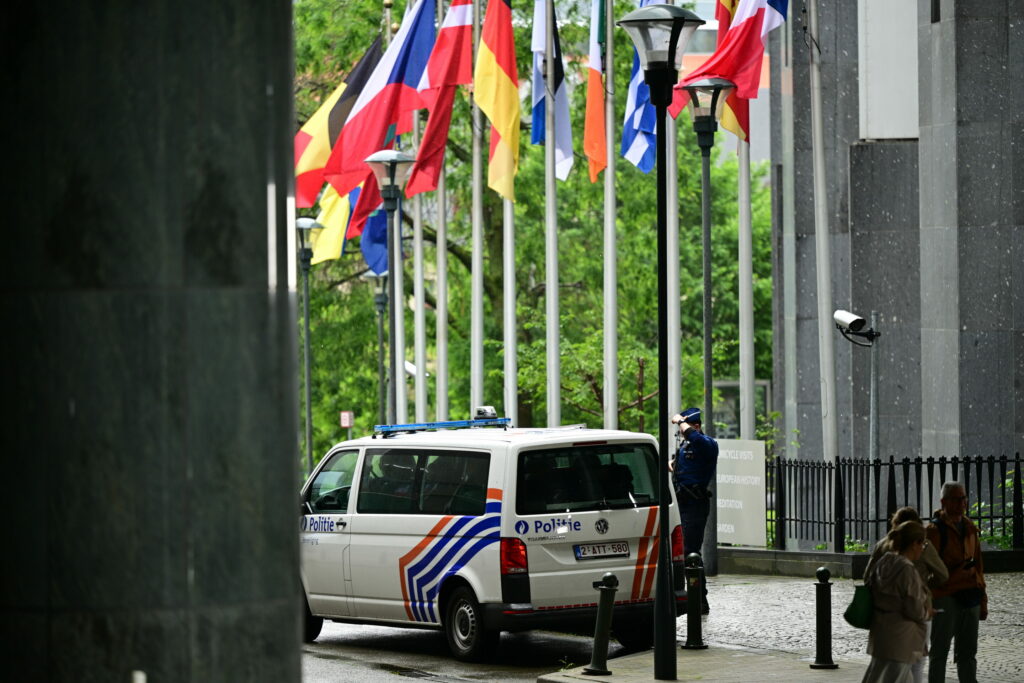Belgian police conducted a series of raids on Wednesday at the residence and offices of a European Parliament employee in Schaerbeek over allegations of involvement in spreading Russian disinformation in the EU.
The Federal Judicial Police of Brussels conducted searches at the suspect’s home and his office in the European Parliament in Brussels. The searches form part of an investigation into foreign interference, corruption and membership of a criminal organisation.
Specifically, the case concerns allegations of Russian interference, whereby Members of the European Parliament (MEPs) were approached and paid to promote Russian propaganda via the Voice of Europe "news website". There are indications that the European Parliament employee concerned played a significant role in this.
Simultaneously, in close cooperation with Eurojust and the French judicial authorities, the employee's office in the European Parliament in Strasbourg was also searched.
According to a source close to the case, the suspects are linked to the European far-right, RTBF reports.
The person in question is believed to be Guillaume Pradoura, the former parliamentary assistant to German MEP Maximilian Krah, of the far-right Alternative for Germany (AfD) party.
Pradoura is currently parliamentary assistant to Dutch MEP Marcel de Graaff, a member of the Forum for Democracy, a far-right national conservative party from the Netherlands. The party is currently unaffiliated, but was previously a member of Eurosceptic and far-right groups the European Conservatives and Reformists (ECR) and Identity and Democracy (ID).
Voice of Europe sanctioned
This week, the Council of the European Union announced that it will sanction two individuals and one entity responsible for conducting propaganda actions targeted at civil society in the EU and its neighbouring countries.
The Council acted after it found that the network was significantly distorting and manipulating facts in order to justify and support Russia's war of aggression against Ukraine.
One of the two, Artem Marchevskyi, played a key role in the acquisition of the media brand Voice of Europe. Marchevskyi was the covert chief of Voice of Europe and played an instrumental role in disseminating disinformation and biased narratives that undermined the credibility and public image of Ukraine – as well as its efforts to defend itself against Russia’s war of aggression.

Credit: Belga / Laurie Dieffembacq
The second man, Viktor Medvedchuk, promoted policies and actions that served to erode the credibility and legitimacy of the Government of Ukraine. Medvedchuk has close personal ties to Vladimir Putin and is associated with the Kremlin regime.
Through his associates, including fellow suspect Artem Marchevskyi, he controlled Ukrainian media outlets and used them to disseminate pro-Russian propaganda in Ukraine and further afield. The Voice of Europe had more than 180,000 followers on Twitter/X.
In April, Belgian Prime Minister Alexander De Croo announced the investigation into this propaganda network, saying "we need top open our eyes" over threat of disinformation from foreign interference.
Belgian, Dutch, French, German, Hungarian and Polish politicians had all received Russian money, De Croo stated but could not give any details about who or how many MEPs are under investigation as the information was classified.
"According to our intelligence services, Moscow's objectives are clear," De Croo stated, "help elect more pro-Russian candidates to the European Parliament, and reinforce the pro-Russian narrative in that institution."

